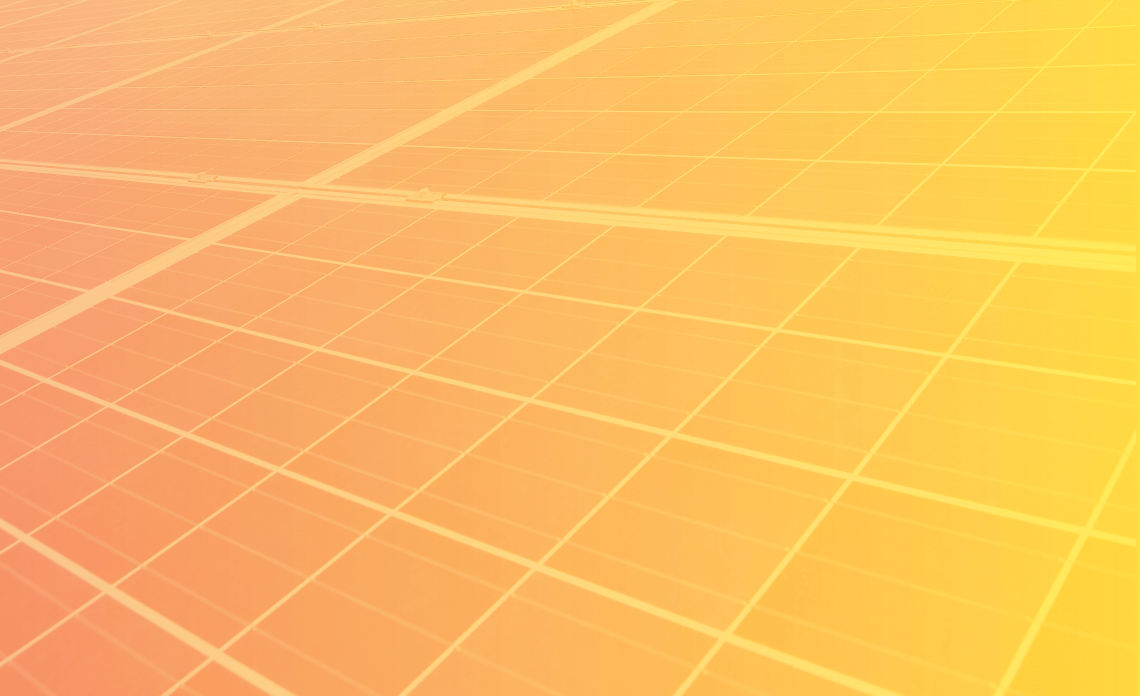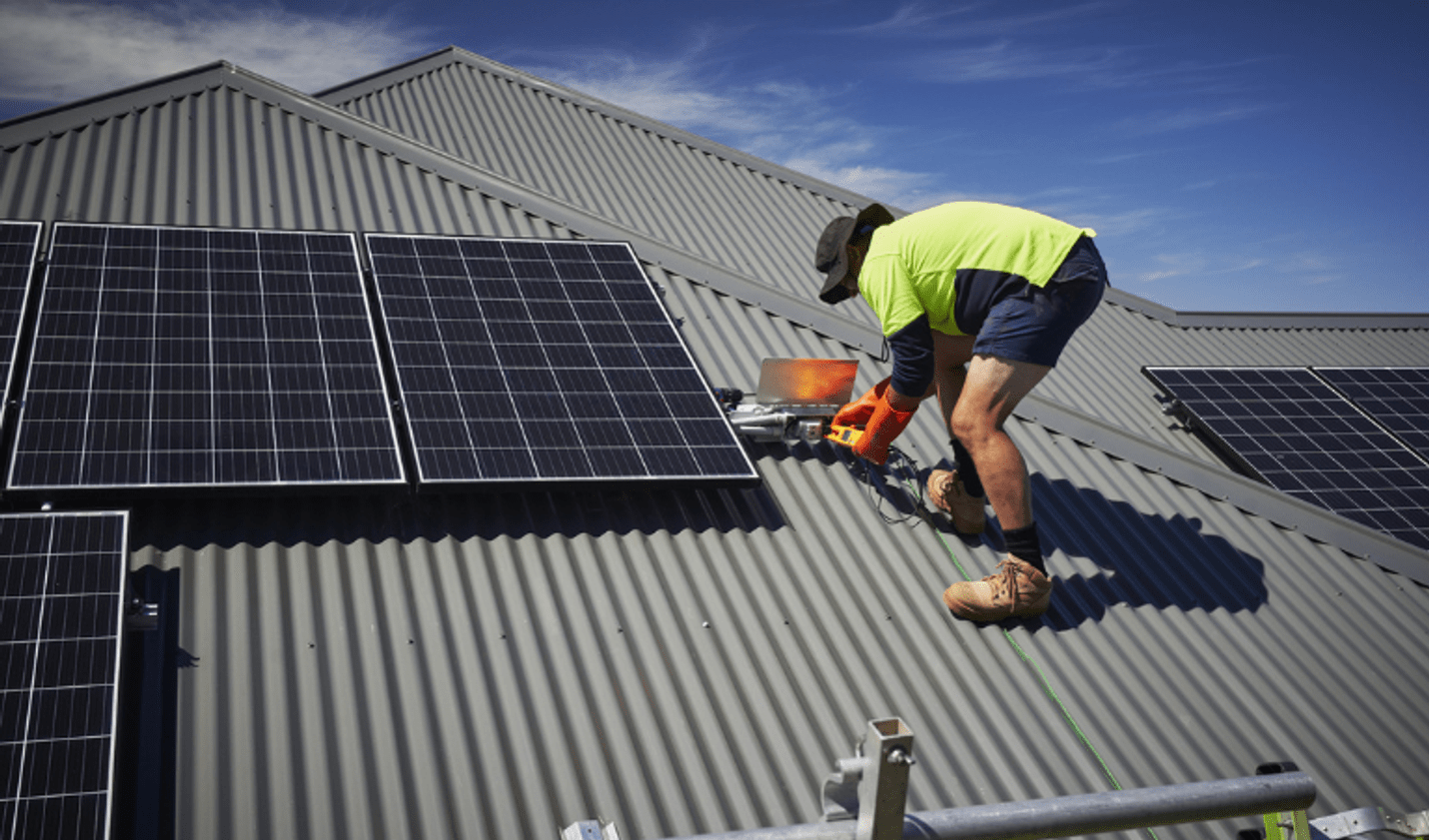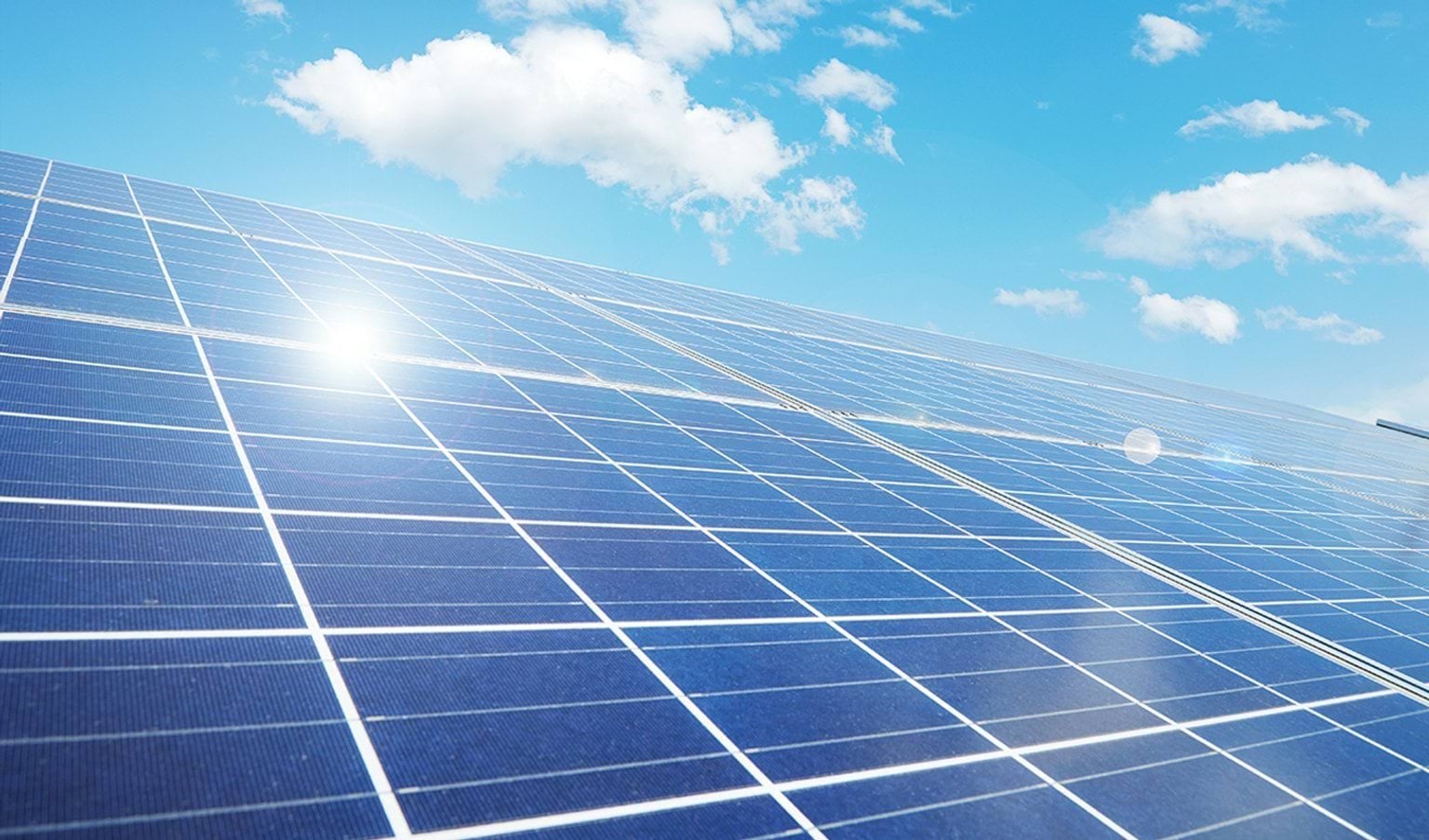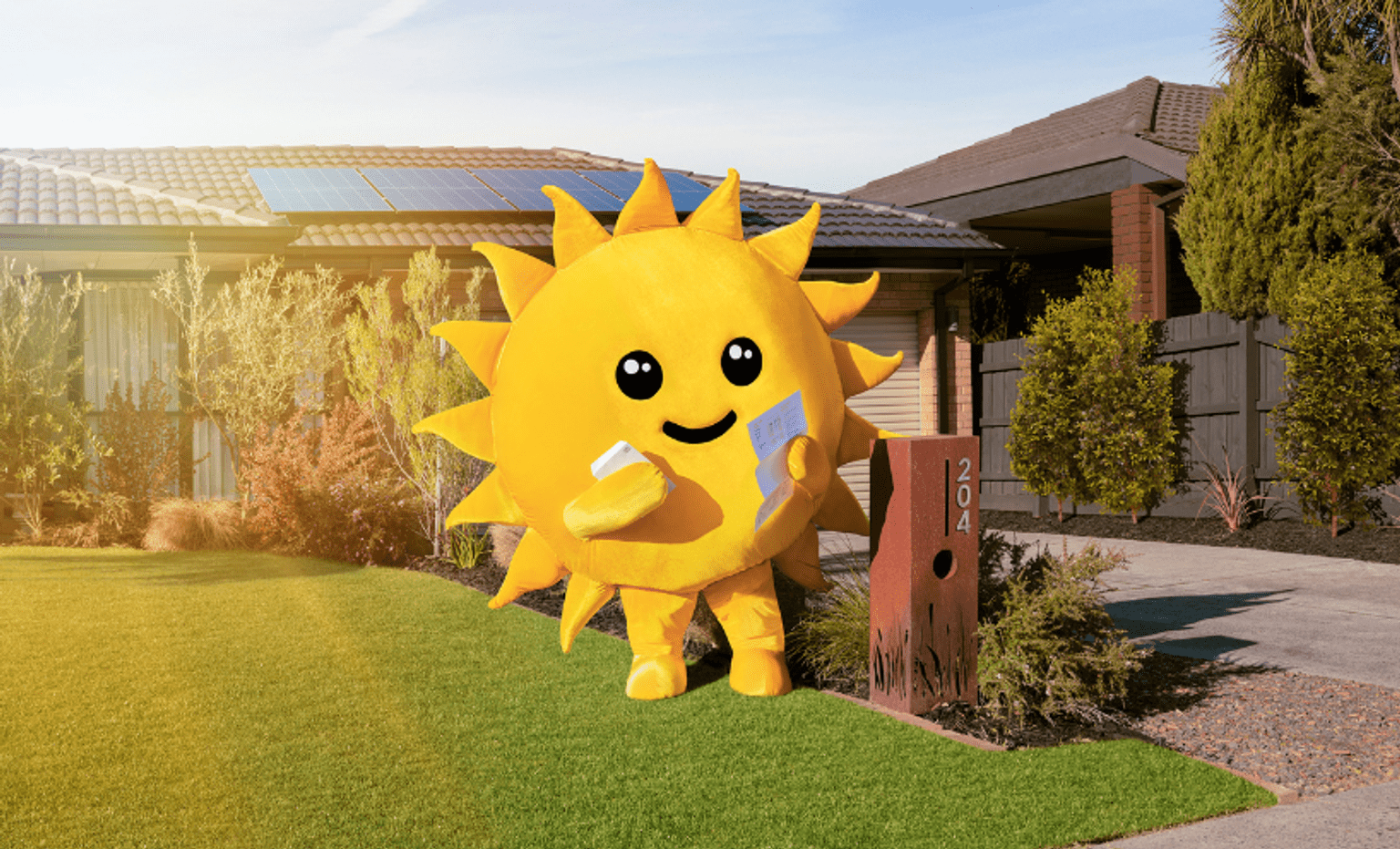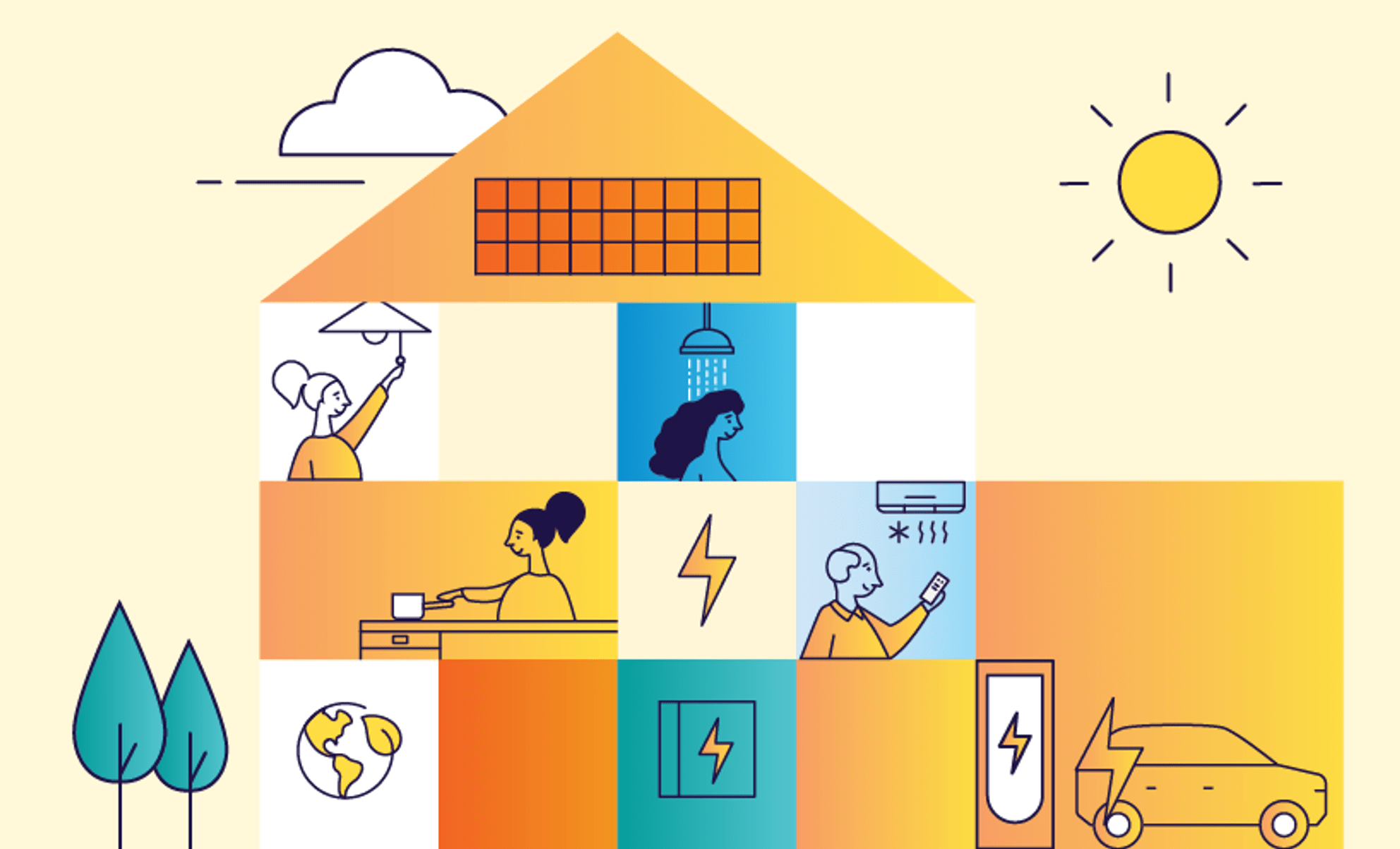To get the most out of your solar system, keep it clean and have it serviced it at least every 2 years by a licenced electrician.
Regular maintenance can extend the life of your rooftop solar system, and help keep it safe and performing at its best.
A little bit of care goes a long way to making sure your solar PV system keeps saving you money on your energy bills for years to come.
Cleaning solar panels – DIY
Solar panels are designed for outdoor conditions and can tolerate some grime. But a build-up of dust, dirt and debris can block light and reduce their efficiency.
If your house is single storey, brush away anything you can reach with a long-handled, soft-bristled broom. Dirt and debris that you can’t reach should wash off when it rains if the panels are on an angle. If not, you can gently hose them.
You might also need to hose down your panels if they’re installed on a flat roof with no tilt frame. Rain can pool on a flat panel and leave a muddy mark.
Keep your feet on the ground, and only spray your solar panels lightly (never use a pressure hose – it could damage them).
Professional cleaning?
If your panels are very dirty or hard to reach, use a professional cleaning service. Ask your installer about having your panels cleaned during a system service. They might include it or recommend a specialist solar cleaning service. Check your warranty to make sure that any work done by a cleaning service won’t void it.
Solar panel cleaners should use full safety gear and not stand on or place anything on top of the panels. They should not use harsh soap or chemicals – usually water is enough.
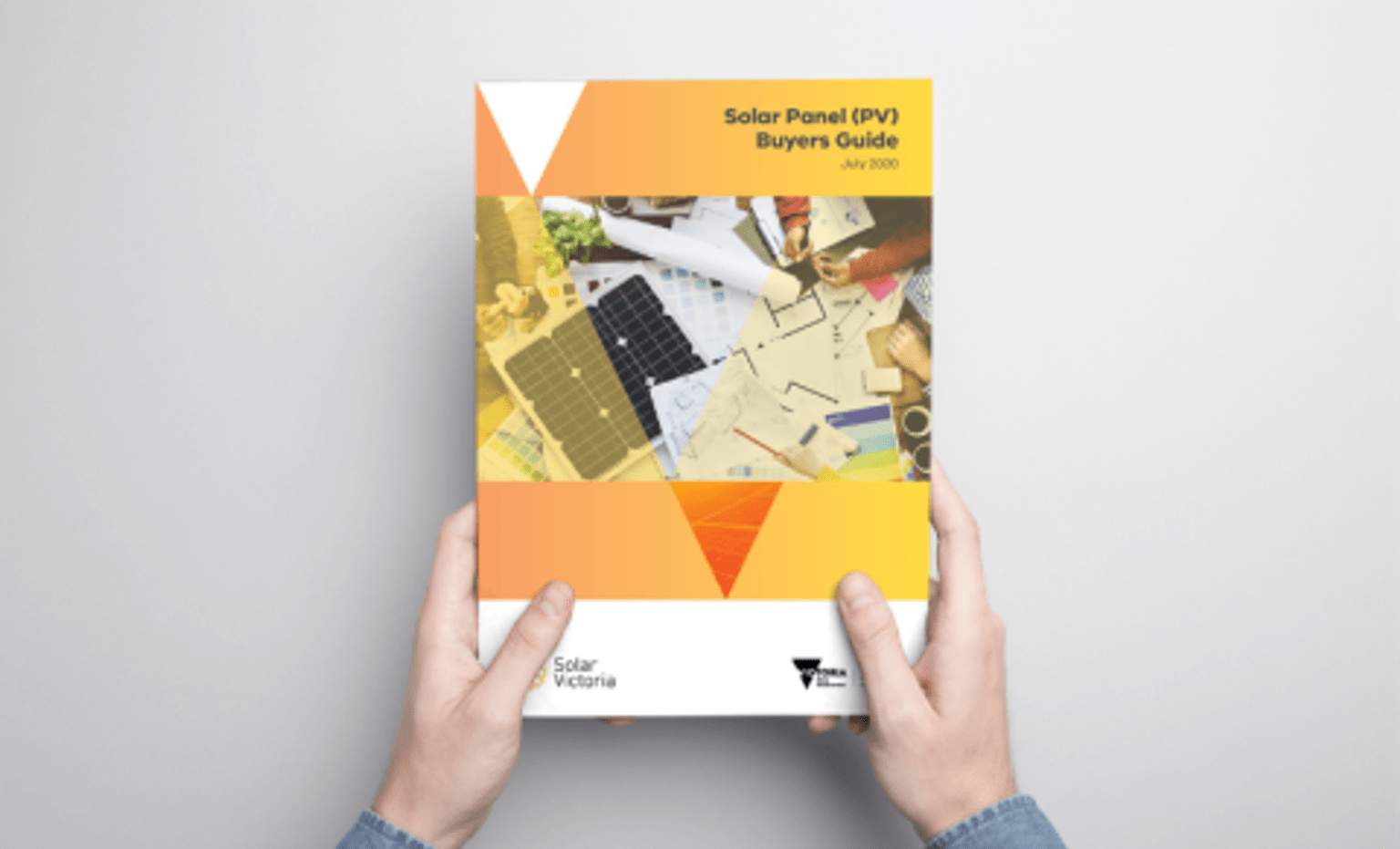
Solar Panel (PV) Buyers Guide
Use this guide to help you plan the right solar panel (PV) system for your home. It includes the types of systems available and factors to consider when making a purchase.
Servicing your solar system
Just like a car, your solar system needs regular maintenance. While it is built to be tough, your panels live outside and are exposed to all weather conditions.
Get your solar system professionally serviced at least every 2 years. This will enable an electrician to identify any potential faults early and keep your system in good condition. Of course, if you notice any damage or performance issues in between services, you should also call in a professional.
Servicing involves much more than cleaning. During a service, the electrician will test electrical equipment and cabling and do a thorough visual inspection for defects such as cracks, chips and discoloration. Any issues can be logged, monitored and their effect on the system efficiency recorded. This could lead to a warranty claim on the panels, if needed later.
Your installer may provide ongoing servicing as part of a servicing agreement. Otherwise, use a licensed A-Grade electrician accredited with Solar Accreditation Australia. They know what to look for, work safely and can diagnose and fix any issues. Find a licensed electrician on Energy Safe Victoria’s public register.
Before you engage an electrician for a solar service:
- Get a quote including a description of what will be done.
- Tell them you will need a detailed report on checks done, findings and fixes.
- Check your warranty – it could be void if the service is not done by the company that installed the system.
Visit Energy Safe Victoria for more information about keeping your home solar safe.
System and safety checks
You can also carry out some checks on your system in between services.
Anti-islanding check (or PV inverter test)
Your inverter must safely connect to and disconnect from the electricity grid. This is so that it won’t feed electricity into the electricity network in a blackout, to protect those who working on a local part of the grid.
Some distributors ask for an anti-islanding check (or PV inverter test) once a year to make sure that this is happening. Check with your distributor.
The test can be done by an electrician accredited by Solar Accreditation Australia, or you can do it yourself after being shown how by an accredited installer.
Regular inverter check
During a service, your electrician will inspect your inverter to make sure it’s operating correctly and that the heatsinks and ventilation grills are clean. Anything preventing air flow could overheat the inverter in hot weather and reduce its life.
You can also check your inverter in between services. Make sure it is free of dirt, dust, spider webs or vermin. Check it is running normally and talk to your installer about any error lights or warning codes on the display.
Updated
